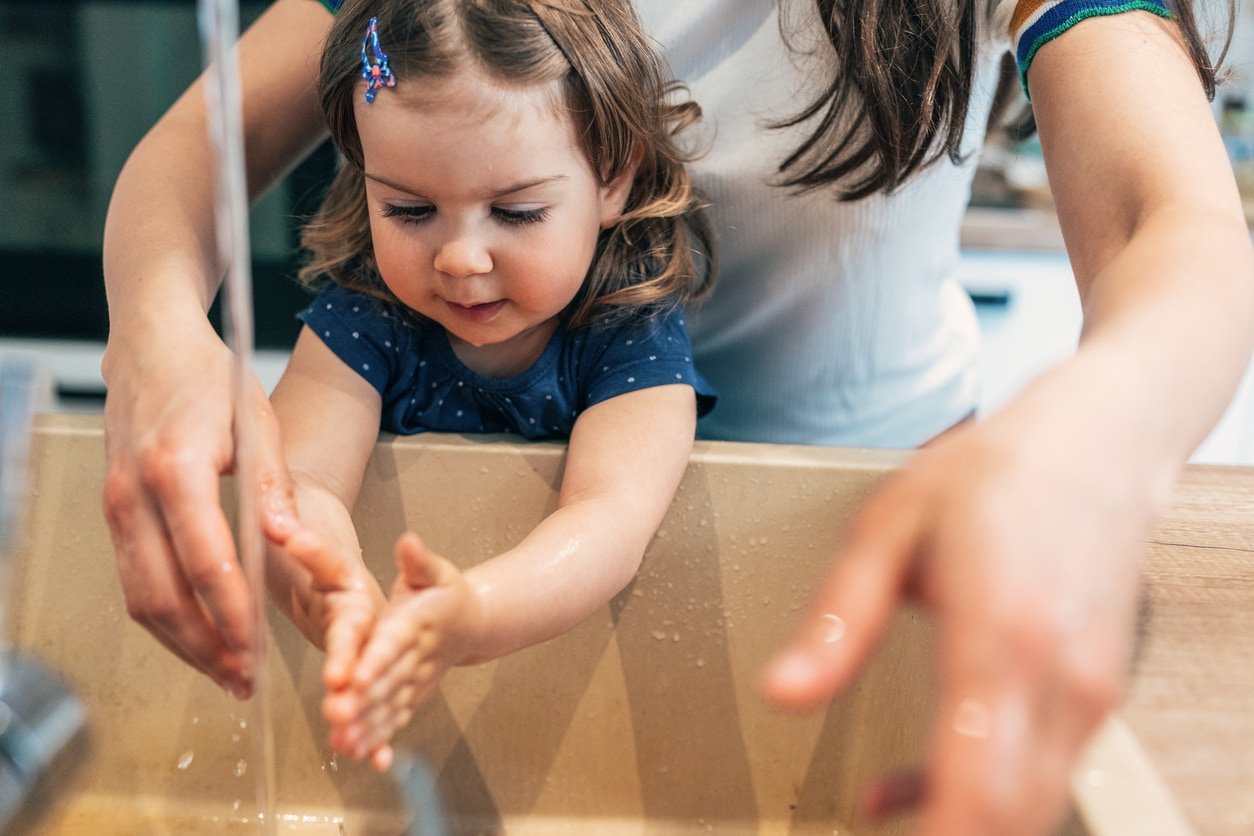When our children learn to communicate and talk, it’s an incredible transition in their development. They begin to voice their wants, needs, observations, and, most of all, their opinions. They ask questions like, “What is that?”, “Where is mama?”, “Who is that?” And then, one day, you get the question, “Why?” But why do toddlers ask why in the first place?
Why Toddlers Ask Why: Parent Perspective
For a parent, the question of “why” can be multi-faceted. Sometimes, the question of “why” is adorable and exciting. Your child is seeking more information and demonstrating a desire to learn: the question of “why” is often a segue into an explanation of things that we, as adults, often take for granted or pass off as fundamental knowledge. For example, when your toddler asks “why” when you tell them to eat broccoli, it can lead to an explanation of the nutrients and vitamins in broccoli and how it can help to fuel their body and help them grow.
On other days it feels like your toddler is questioning you as a parent (as ridiculous as that sounds, it’s human nature to have that reaction sometimes). The simplest request you make of them becomes a situation where you explain things you never thought you would have to explain. For example, why they must wear underwear, why they should drink water, and why they have to brush their hair. These are the days when your toddler’s question of “why” makes you want to tear your hair out and scream. These days, their “why” feels like the beginning of a power struggle.
Why Toddlers Ask Why: Child’s Perspective
Believe it or not, your child is not asking “why” to frustrate you or question your actions. Your toddler generally asks why because they want to know more. They’re curious. They want to engage in conversation. And sometimes, they want to test boundaries – to learn more about interpersonal dynamics.
When my young child asks “why,” I often take a deep breath before answering them. I remind myself that I am instrumental in helping my child learn about their environment. Sometimes life doesn’t allow for long explanations (the “why” that comes as you’re trying to get out the door), and sometimes it does (the “why” when you’re gathered at the dinner table, already engaged in conversation). No matter the length, answering your toddler’s “why” gives them more information about their world and through reasoning and rationale as a means of imparting knowledge.
Why Toddlers Ask Why: Developmental Perspective
From a developmental perspective, asking “why” is an important milestone. It signifies they are at a level in their cognitive development that allows them to determine if they need more information and who to request that information from.1
From another developmental perspective, asking “why” involves interacting socially beyond a simple exchange of information – it is the ability to query another person. So, when the “why” questions become too much to bear, remember that it is a sign that your child’s cognition and social skills are becoming more complex.
How to Parent Through the ‘Why’ Period
Dr. Neha Chaudhary, a child psychiatrist at Massachusetts General Hospital and Harvard Medical School, provides excellent recommendations for parents in a 2020 New York Times such as the following:2
- Avoiding “because I said so” as an answer.
- Asking your child what they think the answer is.
- Looking up the answer together.
I appreciate these recommendations because they acknowledge the importance of actually answering your child’s question. The response, “Because I said so,” immediately stops the query right in its tracks. It doesn’t provide your child with any information and signals that their question is not important enough to answer.
We want to raise curious, information-seeking children, so we must not stunt this. Asking your child what they think the answer is allows you to cue them to engage in their analysis, which you can help guide in case they get stuck. If they can’t think of a possible answer, give them options, and help them hypothesize. The suggestion of looking up the answer together is a great way to show your child how they can find more information – books, reliable internet sources, consulting people who are experts on a matter. What a great skill to help our children to develop!
As a parent and an educator of young children, I know that “why” can elicit less than pleasant feelings. But I believe as adults helping to shape future generations, as parents, caregivers, teachers, etc., we must look at our toddler’s question of “why” as an opportunity to help our young ones grow, develop, and learn. Acknowledging and legitimizing our children’s inquiries demonstrates that their curiosity is an asset and that striving for more knowledge is fun.

 PARENTING TIPS
PARENTING TIPS PREGNANCY
PREGNANCY BABY CARE
BABY CARE TODDLERS
TODDLERS TEENS
TEENS HEALTH CARE
HEALTH CARE ACTIVITIES & CRAFTS
ACTIVITIES & CRAFTS


